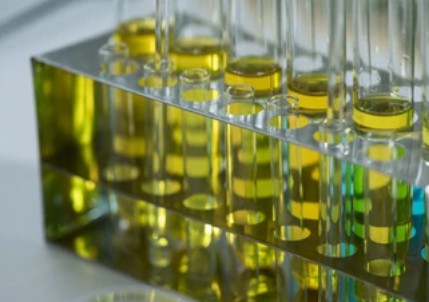Low glycosylation efficiency leads to a high cost of enzymatic glycosylation. Improving glycosylation efficiency is important for improving biofuel production and high value-added chemical production and has shown important applications in industrial production.
Lifeasible is deeply involved in agricultural synthetic biology research, aiming to advance the progress of agricultural synthetic biology research by providing advanced technology services and developing innovative solutions. We provide genetic engineering technologies that can now be effectively used to improve the efficiency of plant glycation and thus generate greater economic benefits.

Antisense technology is widely used in agricultural breeding research, and we can breed plants with special functions through targeted mutations of genes through antisense technology. The antisense technology we offer will play an important role in agricultural development. For example, we can breed transgenic antisense coffee acyl coenzyme A3-0-methyltransferase (CCoAOMT) gene plants using antisense gene technology and found that transgenic plants with suppressed CCoAOMT gene expression have significantly higher glycation efficiency, which can significantly improve glycation efficiency and increase glycation yield in biofuel production.
We can effectively improve the glycation efficiency of plants by regulating certain specific genes, such as making specific genes functionally absent or down-regulated. This approach we have successfully used in rice, Arabidopsis, poplar, eucalyptus, pine, and other plants and has yielded a large economic value.
Lifeasible is committed to providing advanced technical support for agricultural synthetic biology and effective solutions to help solve agricultural development challenges. Our advanced genetic engineering technologies play a critical role in driving sustainable development in modern agriculture. With our years of service experience and advanced genetic engineering technologies, we aim to provide high-quality, efficient, one-stop service for agricultural synthetic biology. If you are interested in us, please feel free to contact us.